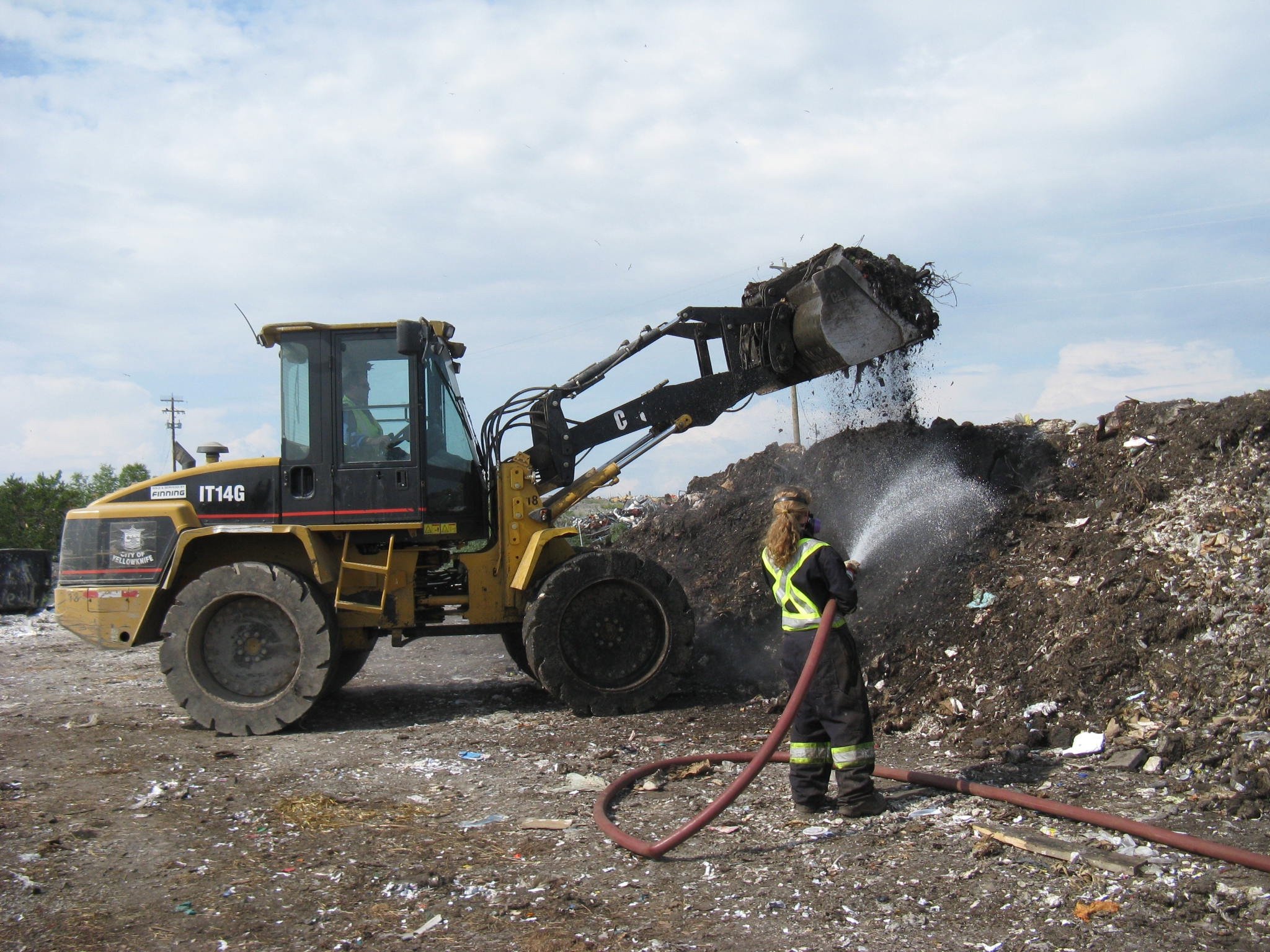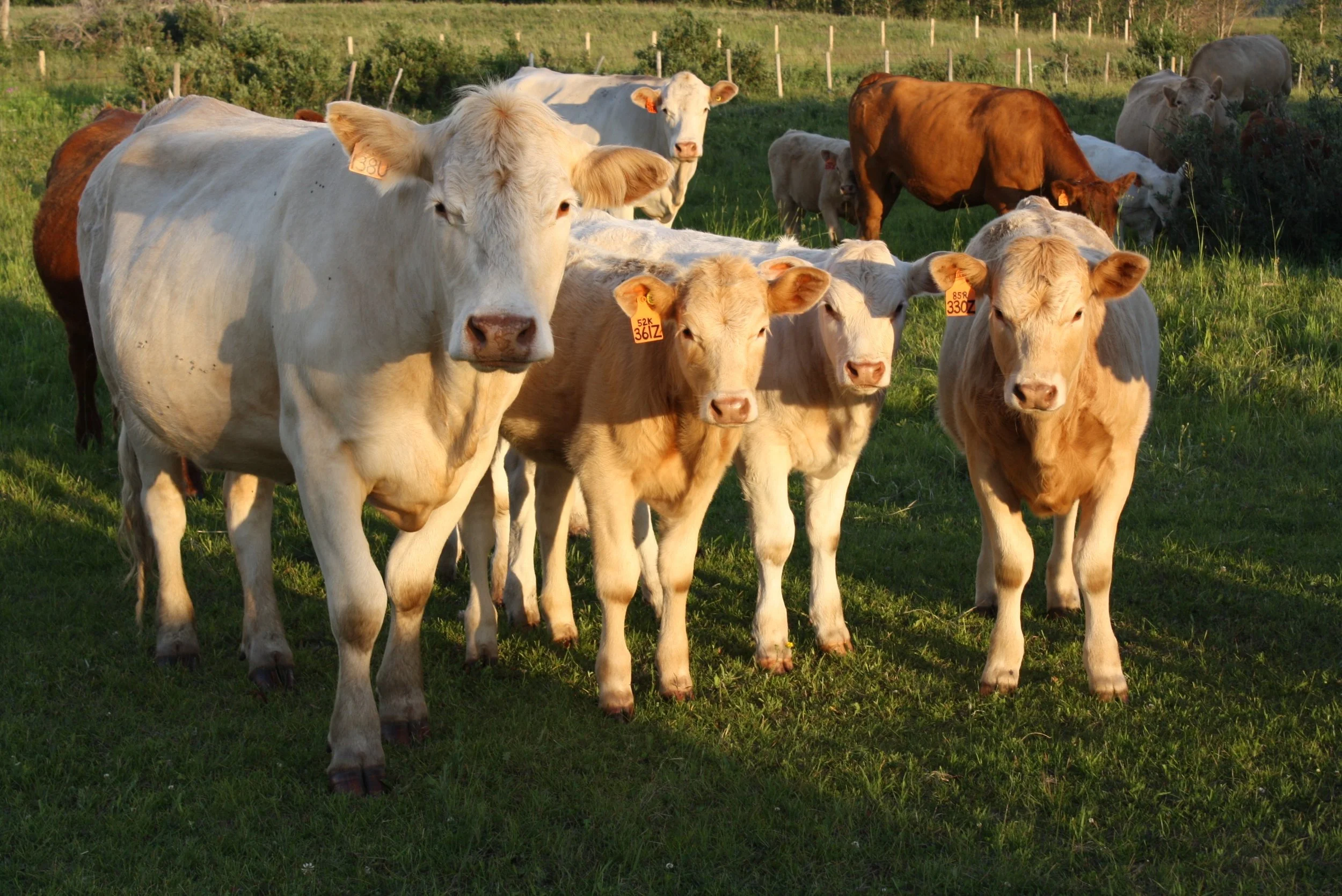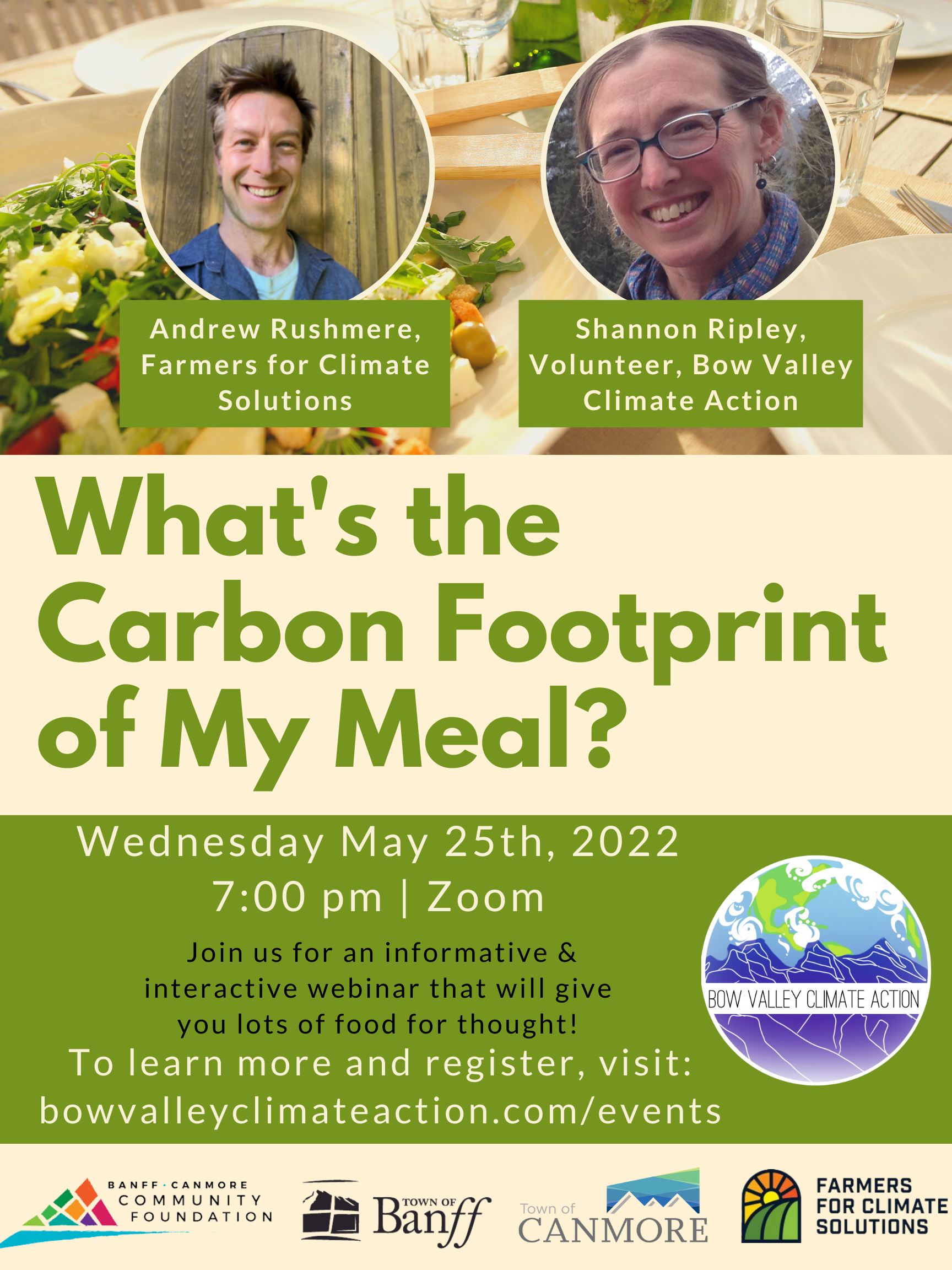
Our Projects
Yarrow Environmental has experience planning, implementing and evaluating practical and community-focused solutions in a variety of topic areas – composting, waste reduction and diversion (circular economy), climate action and local food security.
Composting
Northwest Territories Compost Facility Standard & Composting Best Practices, Government of the Northwest Territories (2020 – 2022)
Yarrow Environmental drafted a Northwest Territories (NWT) Compost Facility Standard, which outlines the minimum requirements for planning, designing, constructing, operating, monitoring and closing a compost facility in the NWT. A companion NWT Composting Best Practices document (120 pp.) was drafted to guide compost facility operators in the step-by-step planning and operation of a compost facility that complies with the Standard, produces high-quality compost and is protective of the environment and human health. Dr. John Paul of Transform Compost Systems was senior reviewer for this work.
Webinar – ‘Getting Composting Going in Your Community’ – Municipal and Community Affairs, Government of the Northwest Territories (2022)
Yarrow Environmental was pleased to co-present a webinar on the steps a community can take to plan, design, construct and operate a community composting program in the NWT. The webinar shared experiences from NWT communities that are already operating community composting programs and/or are in the process of planning a program.
Commercial Food Waste Collection Program Recruitment, Town of Canmore (2021-2022)
Yarrow Environmental recruited business and institutional participants to the Town’s new Commercial Food Waste Collection Program, supported participants in setting up their internal collection systems for food scraps, gave educational presentations on the program and wrote a report with recommendations on policy options that could further increase diversion of food scraps in the ICI sector.
Compost Facility Design and Operation Plans – together with Dr. John Paul, Transform Compost Systems (2022)
Yarrow Environmental works closely with Dr. John Paul of Transform Compost Systems to develop and write compost facility Design and Operation Plans for compost facilities in British Columbia, in compliance with the province’s Organic Matter Recycling Regulation.
Tulita Community Composting Program Design & Educational Support – together with Dr. John Paul, Transform Compost Systems (2021-2022)
Yarrow Environmental and Transform Compost Systems provided technical and program guidance to the Hamlet of Tulita, NWT as it planned and implemented a community composting program. Tulita is composting source-separated organics from the residential and ICI sectors using a series of insulated bin composters fitted with aeration blowers. Initial design was to process 5.2 tonnes of feedstock per year. Yarrow Environmental also collaborated with an NWT-based graphic designer to provide print and web-based educational materials for the program.
Photo: Tim Tomczynski
Inuvik Community Composting Pilot Project Design & Budget – together with Dr. John Paul, Transform Compost Systems (2021)
Yarrow Environmental and Transform Compost Systems researched and developed a design, budget and timeline for a potential community composting pilot project for the Town of Inuvik, to prepare the Town to apply for project funding. Research included engagement with local organizations.
Comparative Analysis of Municipal Organic Waste Management Approaches, Ecology North (2021)
Yarrow Environmental completed a comparative analysis of options the City of Yellowknife was considering to improve organic waste management – including a comparison of curbside organics collection, use of residential countertop pre-treatment systems, and technical adjustments to improve processing efficiency at the City’s compost facility. Senior review and contributions by Dr. John Paul, Transform Compost Systems.
Compost Technology Comparison & Design for School Compost System, First Nations Technical Services Advisory Group (2019)
Researched and wrote a desktop comparative review and analysis of various composting technologies (with a focus on small-scale in-vessel systems) to support a southern Alberta First Nation in planning a community composting program. The project also included developing a design and plan for a school compost system. Project work included community engagement and meetings, and a school educational presentation.
How Do My Food Scraps Become Compost in the Bow Valley? (2021)
As a community volunteer, Shannon prepared and delivered a webinar on ‘How Do My Food Scraps Become Compost in the Bow Valley?’ in response to many community questions on this topic – in collaboration with Bow Valley Food Alliance. This webinar shows the step-by-step path that food scraps take on their journey towards becoming compost - a valuable soil amendment that is then used to grow more food.
Waste Reduction, Diversion & Management
Waste Audit Reporting & Waste Diversion Program & Policy Recommendations – S-Cubed Environmental (2018 to Present)
Yarrow Environmental collaborates on an on-going basis with Stacey-Schaub Szabo of S-Cubed Environmental. S-Cubed Environmental specializes in conducting waste audits and providing waste diversion and management solutions to a diverse array of clients across Alberta and western Canada. Shannon provides technical writing, data interpretation, waste diversion program and policy recommendations and occasional waste sorting assistance as part of S-Cubed’s team.
Options for Waste Diversion Targets and Tactics, Town of Banff (2018)
As a staff member in the Resource Recovery team at the Town of Banff, Shannon researched and wrote a report on ‘Options for Waste Diversion Targets and Tactics’ for the Town. This report described the educational, structural, financial and policy tools that could be used to increase waste diversion in the Town. Subsequently, Town of Banff Council adopted and is working towards meeting a target of 70% waste diversion by 2028 and an aspirational target of zero waste by 2050.
Agricultural Waste Management Guidelines, Government of the Northwest Territories (2021-2022)
Yarrow Environmental drafted Guidelines for Manure Management (92 pp.), Agricultural Composting (85 pp.), Animal Mortality Management (27 pp.) and Crop Residue Management (19 pp.) for the Northwest Territories. Dr. John Paul (Transform Compost Systems) was senior reviewer for these Guidelines, and the Guidelines were reviewed externally by Canadian experts for each specific topic.
Climate Action
Yarrow Environmental is passionate about supporting communities, businesses and individuals to reduce their greenhouse gas emissions, while creating strong, vibrant and resilient communities.
What’s the Carbon Footprint of My Meal? (2022), Bow Valley Climate Action Society
As a community volunteer, Shannon co-presented a webinar on the topic of ‘What’s the Carbon Footprint of My Meal?’ alongside Andrew Rushmere of Farmers for Climate Solutions. The webinar focused on policies that can support producers to reduce the GHGs associated with their production methods and high-quality information that individuals can use to guide them in lowering the carbon footprint of their meals.
Community Shared Solar Research & Program Design Options, Town of Banff (2016)
Shannon explored and evaluated options for the design of a community-shared solar project which could expand the number of people able to participate in solar energy generation in the Town of Banff and benefit from the Solar PV Production Incentive Program. This project included research into the organizational and financial models that have been successfully used to develop community shared solar projects in Canada and the United States. View Report
Navigating the Waters of Change: Strengthening the Capacity of NWT Communities to Respond to the Impacts of Climate Change on Municipal Water and Wastewater Systems (2009)
As a staff member at Ecology North in Yellowknife, Shannon research and wrote a preliminary assessment of the potential impacts of climate change on water and wastewater systems in the Northwest Territories, along with recommendations for actions to increase the capacity of communities to respond and adapt to these changes. Research was conducted through interviews with individuals working in the water and wastewater management fields in NWT, and through review of scientific studies.
Local Food Production & Food Security
Yarrow Environmental deeply values and strives to support the strong inter-connections among food production, food security, soil health and community well-being.
Local Food Learning & Leadership Program (2012)
In 2012, while a staff member at Ecology North in Yellowknife, Shannon coordinated the creation of a Local Food Learning & Leadership Program that facilitated local food workshops and educational events in 22 NWT communities in partnership with a wide variety of community organizations. This program focused on supporting Indigenous NWT residents to share knowledge, ideas, inspiration and leadership skills on the topics of food production / harvesting, food preservation and food security.
Growing Together at Weledeh: School – Community Garden Program (2011-2012)
In 2011-12, Shannon facilitated the partnering of Ecology North, Weledeh School and the Yellowknife Community Garden Collective to create the ‘Growing Together at Weledeh’ school community garden program – which has continued to this day. This program focuses on bringing together over 70 Weledeh elementary school students in grades 3 to 6, Weledeh school teachers, and community volunteers to engage in hands-on, fun learning about local food production at the community garden located at the school – with a particular focus on inter-generational learning.

















